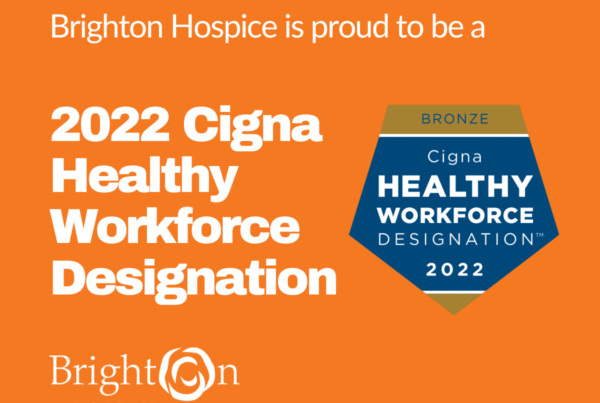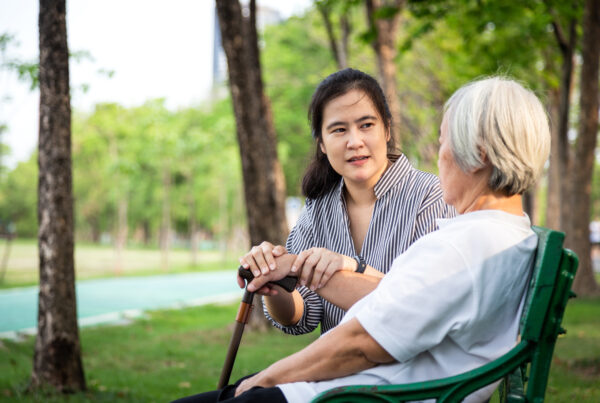A Physician’s Perspective on the Value of Hospice Care
As a physician, I think of hospice care through the collection of hundreds of stories in which I have played a part during my twenty years in hospital, outpatient, nursing home, and home medical care.
I helped attend to Vincent through a difficult and protracted hospital stay. As a Korean War vet, at 83 years old he was the type of man who was determined to battle any ailment at any cost. What was emphysema compared to the war of nations? He was resolute that his lungs could get through another bout, and he would go on as always.
“The facility aides loved Joan, and cared for her as they would their own grandma”
Unfortunately, that meant many weeks in the intensive care unit. I remember walking in one day and seeing the misery in his eyes. He was covered in tubes and lines: a tube in his throat to push oxygen into his lungs, a tube through the nose to push a protein solution into his stomach, intravenous lines for fluid and monitoring, wires and cuffs to monitor his heart and pressures, and even tubes to control his urine and stool. He was pale and sweaty, covered in bruises, disheveled, dejected but still indomitable in his will to survive. At $10,000 per day, the finances were an additional stress on his family. Ultimately age, disease, and fate won the long battle, and Vincent passed away in this dismal circumstance.
Contrast that sad story with Joan, also a vivacious octogenarian who lived independently, until a hip fracture led to rehabilitation, then to assisted living, and within a year to full-time care at a nursing facility. Joan’s mind declined as her body did; her memory was lost, as was her ability to walk; her appetite was gone, as was her continence; her vitality dwindled, as did her ability to swallow. Month by month Joan’s dementia was sapping her strength and frame.
Though not at home, Joan was surrounded by photos, furniture, quilts, and trinkets from her long life. Her family visited often, cherishing what they recognized as her final few months on earth. The facility aides loved Joan, and cared for her as they would their own grandma.
Eventually, Joan developed a severe respiratory infection after aspirating her breakfast. The staff wanted to hospitalize her, and struggled to witness her cough and difficulty breathing. Instead, Joan’s family was supported by a caring hospice team, who recognized the futility of another hospital stay. Heartrending as it was, the pneumonia was perhaps an answer to prayer; a final way to exit after a lingering degeneration. Joan passed peacefully, surrounded by a prepared and loving family.
Hospice care ought to be the leading answer to all of our end-of-life concerns: money, medicines, spirituality, family, forgiveness, acceptance, and personal cares. I have spent my career trying to prevent and cure disease, to fix things, to solve mysteries, to help people live longer and better lives. But the end of this life is inevitable, despite my attempts as a doctor to alter that. There comes a time when we must accept the inescapable, allow things to run their natural course, and write the final chapter of mortality. As much as I want to sustain life, I realize that a time comes to concede. A good hospice team is priceless at that moment, and can help individuals and families avoid the misery imposed by modern medicine, and instead serenely navigate this last transition, from humanity to what lies beyond.
For more information, check out our Hospice Videos.
Or contact us directly. We are happy to answer your questions.




